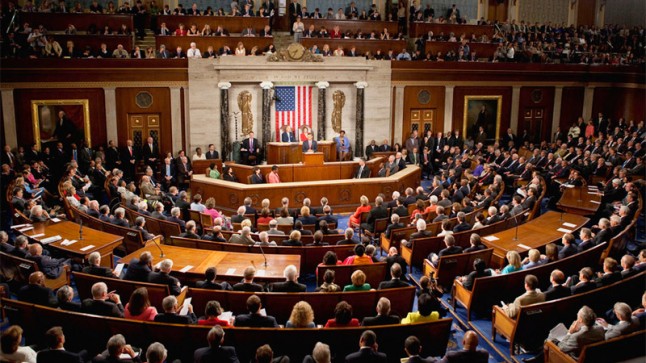"So this is what it’s come to, America. You’ve got college-educated teacher terrified to put a toy elf on the shelf because she might get sued by the ACLU or some other left wing anti-Christmas group."Now I will grant that adults and children should be able to celebrate whatever religious holiday they choose to without fear of peer pressure or reprisal. People should be able to discuss and celebrate the holidays of Christmas (Christians), Hanukkah (Jews), Kwanzaa (African-Americans), Bodhi Day. (Buddhists), or any other religious holiday in December. But I do think that we white Anglo-Saxon Protestants need to be a little bit careful of crying "persecution" every time our expressions of faith are limited or, let's be honest, our dominant-culture privilege is infringed upon.
I was pleased to be able to attend a a local production of Fiddler on the Roof and was struck, not for the first time, by what real persecution looks like. The story is set in 1905 in Tsarist Russia and while the focus is on the erosion of tradition" in Tevye's family and his small village of Anatevka, the wider story is the encroachment of the outside world--specifically the eviction of Jews from their villages on the instructions of Tsar Nicholas II. As I sat there in a warm, dry, safe theater paid for by taxpayer money watching this show that I had paid money for without a second thought, it came to me afresh how fortunate I am as a white, heterosexual, employed, upper-middle class Protestant Christian American. I own what I own and do not need to worry about its being taken away from me. I had eaten a good meal and was not worried about from where my next meal would come. I could get in my car and be reasonably sure that it will take me home quickly and without incident. I was unlikely to be stopped by law enforcement on the way home and asked why I am in that wealthy community (Saratoga, CA). I have many freedoms that others can only dream of.
This is why I am very reluctant to claim persecution and wary when I see others in my similar situation do so. Yes, we need to guard against government dictating what we can or cannot do--because the ultimate result of unchecked government power is what happened to Tevye and his neighbors--and later to over 6 million Jews in the Holocaust. We also need to be wary of those who simply decry money and corporations, because the revolution such cries sparked in Russia resulted in communism. But when most of my contemporaries cry "persecution" they are often instead railing against the diminished white privilege (even unconsciously) which is a hallmark of the increasingly multicultural nature of this country. Yes, other races, religious traditions, sexual minorities, and people long on the margins of society are claiming an increasing share of what used to be power reserved to the majority population--a majority that is decreasing by the hour. Politically, we are seeing congressional districts redrawn to protect this diminishing privilege and seeing an increasingly inequitable dispersion of wealth. Culturally, we are feeling the death-throes of a culture in which there will be no dominant culture any longer. I also think of Nelson Mandella, who died this week, as he struggled against the dominant (though numerically minority) culture in South Africa. Such struggles make complaints about "Happy Holidays" instead of "Merry Christmas" seem foolish.
My point in this lengthy post is that rather than whining about persecution and fighting an increasingly desperate battle against multiculturalism, those of us with power should instead shoulder the ancient notion of noblesse obliege--the notion that those with power have an obligation to empower those with less power and to use our power for justice rather than subjugation. As Christians, we of all people should be aware of the dangers of temporal power and the power of love and sacrifice to triumph over the world. As we move towards Christmas, may we take seriously Jesus words:
"From everyone who has been given much, much will be demanded; and from the one who has been entrusted with much, much more will be asked." (Luke 12:48b)










